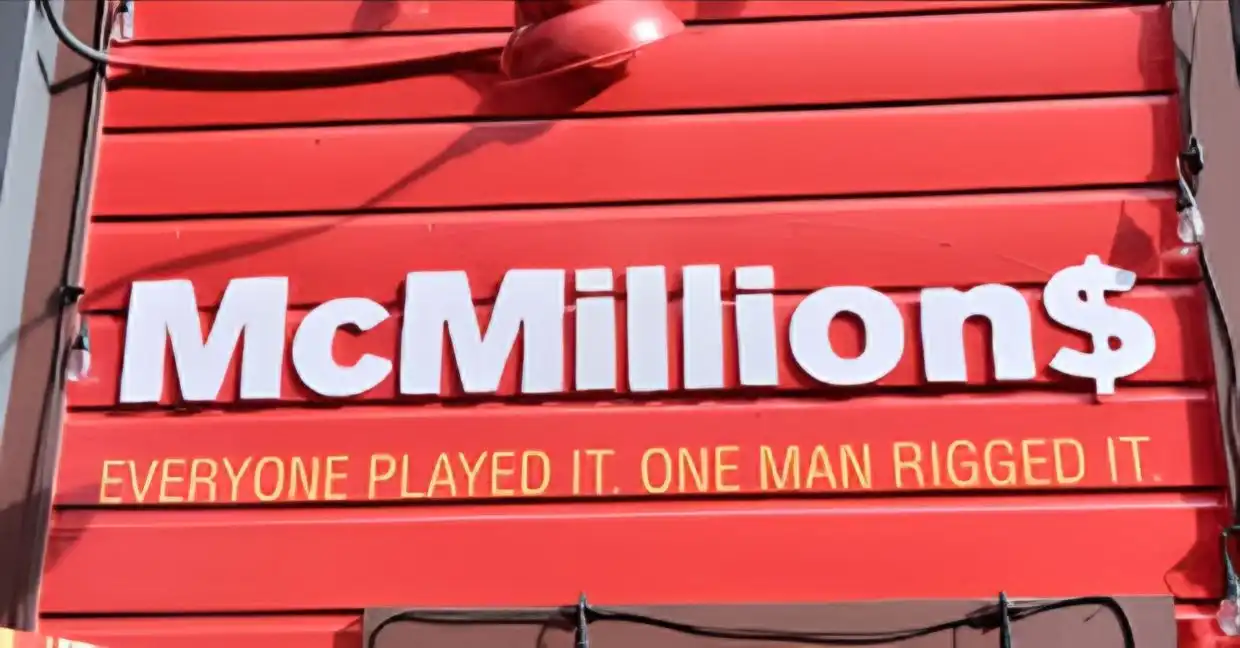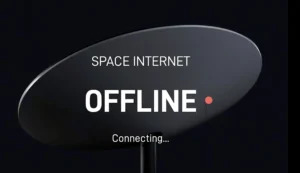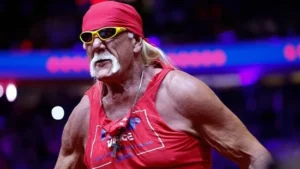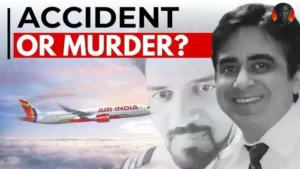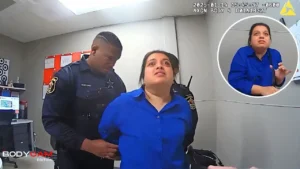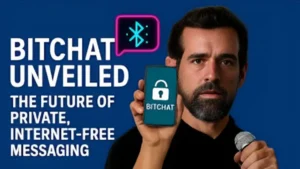The ‘McMillions’ Scandal: How Scammers Rigged McDonald’s Monopoly Game and Stole $24 Million
The McDonald’s Monopoly promotion has long been a popular marketing campaign. It combines the allure of big prizes with the nostalgic appeal of the classic board game. However, behind this seemingly harmless contest lay one of the most elaborate fraud schemes in history, now famously known as the “McMillions” scam. Between 1989 and 2001, a group of criminals managed to rig the system, pocketing over $24 million in cash prizes. This caused ripples of shock throughout the fast-food giant’s empire.
The Origins of McDonald’s Monopoly Game
McDonald’s launched its Monopoly-themed promotional campaign in 1987. Customers could collect game pieces on food packaging, mimicking the Monopoly board game. These pieces included street names from the Monopoly board. By collecting a complete set, customers could win anything from free food to luxury cars and cash prizes, some as large as $1 million. Customers could also instantly win prizes by peeling stickers off items like fries or drinks.
The simplicity of the game and the allure of instant wealth made it incredibly popular. It was an annual event eagerly awaited by customers, turning ordinary fast-food visits into potential goldmines. Behind the scenes, however, a shadowy group was working to manipulate the contest for their own benefit.
Jerome Jacobson: The Man Behind the Scam
At the heart of the McMillions scandal was a man named Jerome “Jerry” Jacobson. He was a former police officer turned security chief at Simon Marketing, the company responsible for overseeing McDonald’s promotional campaigns. Jacobson was tasked with safeguarding the printing and distribution of the high-value Monopoly game pieces, including the rare “instant win” tickets for the largest prizes.
Initially, Jacobson took his job seriously. He oversaw security measures such as transporting winning pieces in tamper-proof envelopes and ensuring their delivery to McDonald’s packaging plants across the US. However, a combination of greed and opportunity led him to realise just how vulnerable the system was. By the late 1980s, Jacobson had devised a plan to siphon off the most valuable game pieces. He distributed them to a network of accomplices.
The Scam Unfolds
Jacobson’s operation began small but rapidly grew into a sprawling network of fraudulent winners. He started by leaking high-value pieces to close friends and family members, collecting a share of their winnings as a “commission.” Over time, however, Jacobson’s web of co-conspirators expanded to include friends of friends, business associates, and eventually, members of organised crime.
Jacobson would steal the rare winning pieces during their production. He replaced them with non-winning pieces before they were sent out to McDonald’s locations. He would then hand out the winning pieces to people who agreed to claim the prizes on his behalf. In return, Jacobson demanded a cut of up to 50% of the winnings. To cover their tracks, the winners were instructed to claim the prizes from different locations across the country. This helped them avoid suspicion.
One of the more ironic details of the scam was Jacobson’s involvement with the US Customs Service during a visit to Canada. He was helping to ensure that security measures were upheld. At the same time, he smuggled winning game pieces in his sock.
Expanding the Network: Mob Connections
By the mid-1990s, Jacobson’s scheme had grown exponentially. His network of fraudulent winners had expanded beyond friends and family to include various individuals willing to pay for the opportunity to claim a winning piece. Jacobson began collaborating with more unscrupulous characters. These included Gennaro “Jerry” Colombo, a member of the Colombo crime family in New York. Colombo helped Jacobson distribute winning tickets to an even wider circle of people.
Colombo’s involvement took the operation to a new level of organisation and secrecy. He recruited more individuals to claim prizes, creating a front that was difficult to penetrate. However, Colombo’s death in a car accident in 1998 briefly threatened to expose the operation. Despite this, Jacobson pressed on, continuing to expand his criminal enterprise. Over the years, more than 50 individuals, including several members of Colombo’s family, became part of the fraudulent scheme.
How the Scam Was Uncovered
For years, McDonald’s remained blissfully unaware of the rampant fraud occurring within its beloved Monopoly game. Jacobson’s manipulation of the system was so sophisticated that no red flags were raised during the contest’s annual audits. It wasn’t until 2000 that the FBI became aware of the scheme, and it was by chance.
An anonymous tip reached the FBI, suggesting that one of the $1 million winners had not actually won the prize legitimately. This sparked an investigation, which soon uncovered a tangled web of fraud and deception. The FBI dubbed the investigation “Operation Final Answer,” a nod to the popular game show Who Wants to Be a Millionaire? They began tracking down the people who had fraudulently claimed the largest prizes.
The FBI faced a challenge in proving that the winners were connected to Jacobson. They decided to use undercover agents to pose as a film crew for a documentary about past winners of the McDonald’s Monopoly game. As they interviewed the fraudulent winners, they collected evidence linking them to Jacobson and his accomplices.
In August 2001, the FBI made its move. Over 50 people were indicted on charges of mail fraud and conspiracy, including Jerome Jacobson. The indictment accused them of defrauding McDonald’s of more than $24 million in prize money over a decade.
The Fallout
The McMillions scam sent shockwaves through both McDonald’s and the public. While the fast-food chain was not involved in the fraud, it faced a significant public relations crisis. McDonald’s immediately suspended the Monopoly promotion and offered to donate $10 million to legitimate customers as compensation. The company also revamped its promotional security measures to prevent any similar fraud from occurring in the future.
Jerome Jacobson pleaded guilty to conspiracy and mail fraud in 2002. He was sentenced to 37 months in federal prison and ordered to pay $12.5 million in restitution. Several of his accomplices also received prison sentences, although many cooperated with the authorities in exchange for reduced penalties.
The Legacy of McMillions
The McMillions scam remains one of the most notorious corporate frauds in recent history. It exposed vulnerabilities in promotional campaigns that rely on large-scale prize distribution. This highlighted the need for rigorous oversight. For McDonald’s, the scandal was a public relations nightmare. However, it also highlighted the company’s ability to quickly pivot and rebuild customer trust.
In 2020, the story of the McMillions scam was brought back into the public eye with an HBO documentary series titled McMillions. It detailed the rise and fall of Jerome Jacobson and his co-conspirators. The documentary offered a fascinating look at the inner workings of the scheme and the human stories behind the fraud. It brought renewed attention to a scandal that shook the fast-food industry.
The McMillions saga serves as a cautionary tale. It shows how greed and manipulation can exploit even the most beloved corporate promotions. It reminds us that sometimes, even the seemingly innocent pursuit of a fast-food prize can hide darker secrets.
